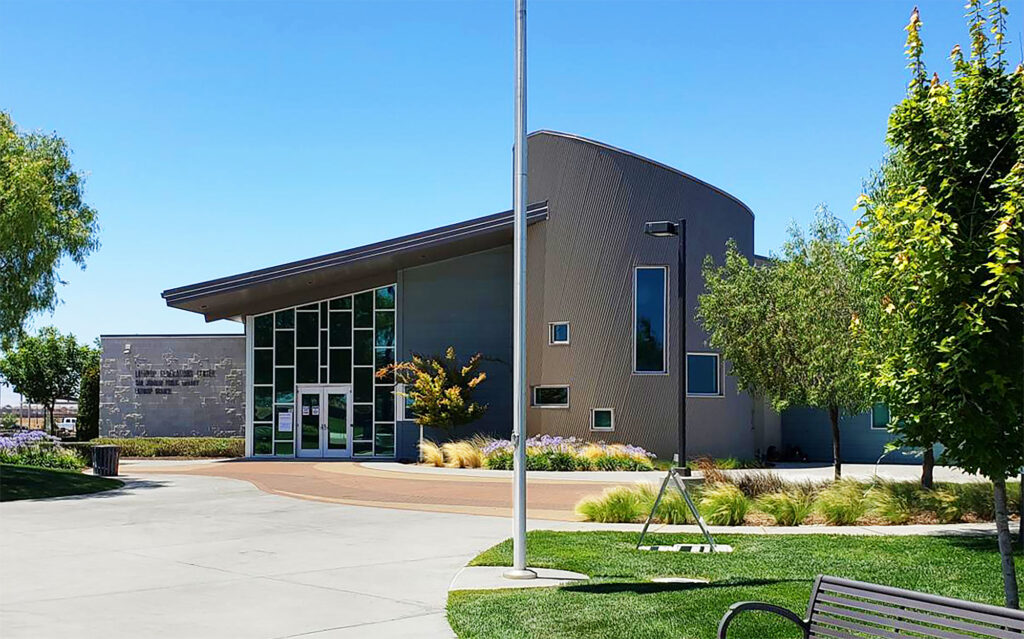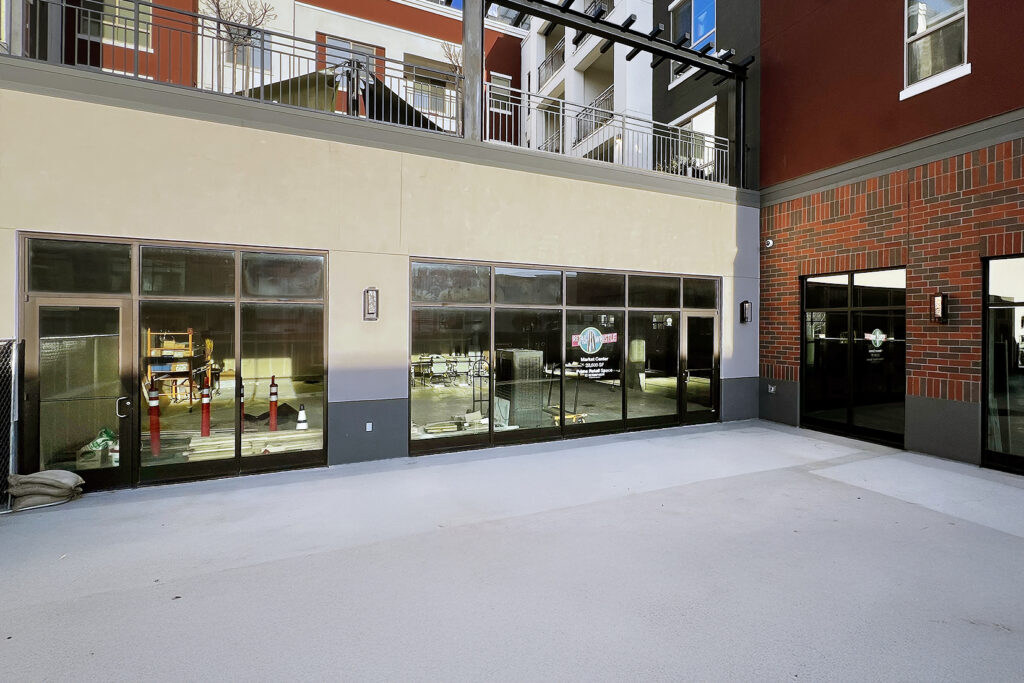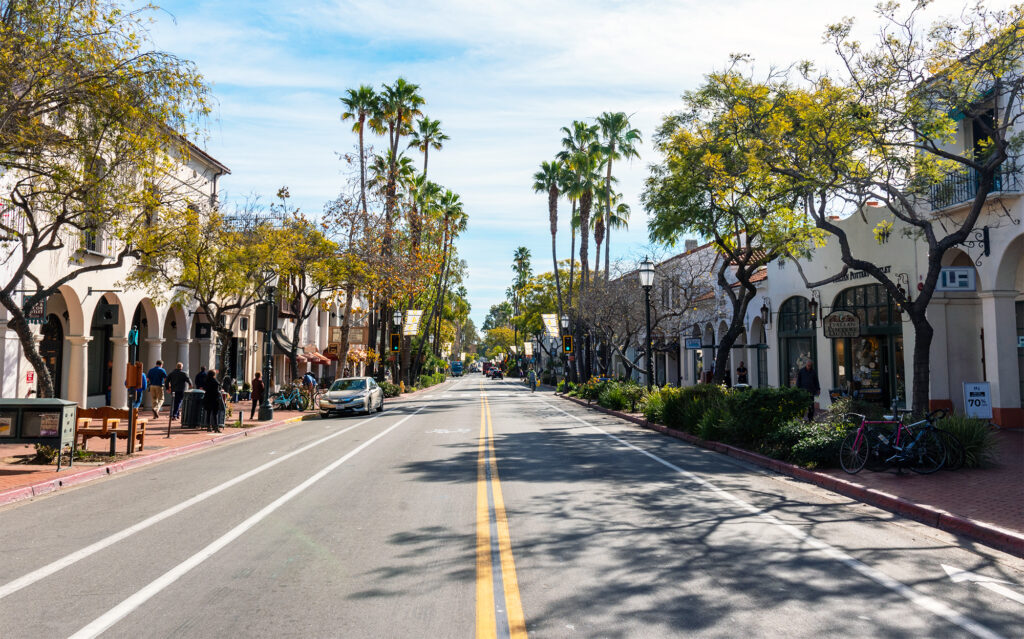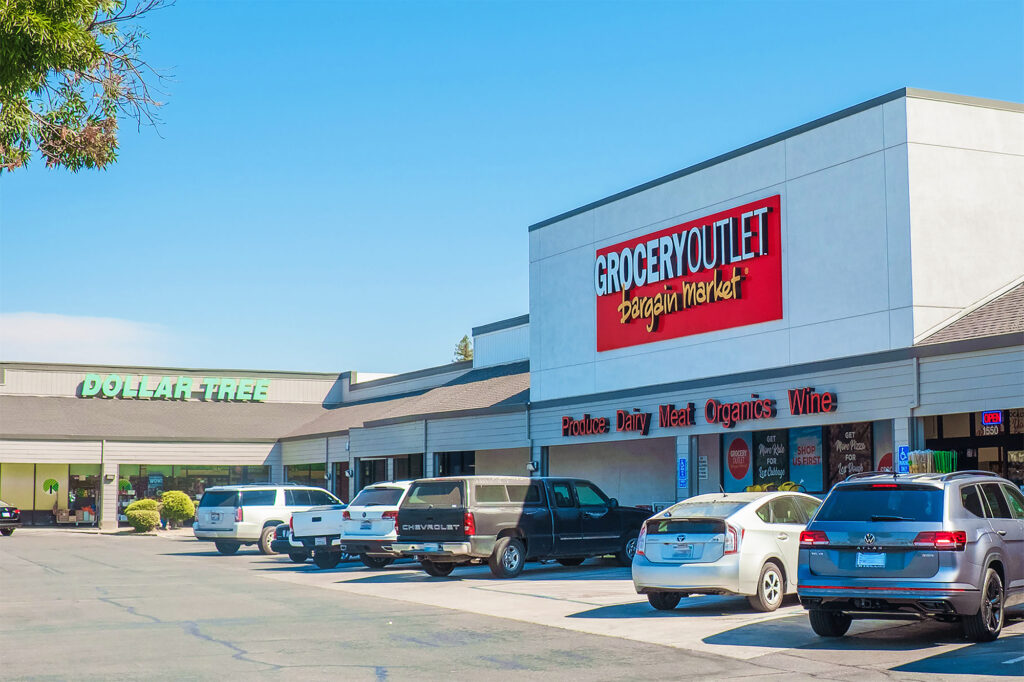Wealth Building With Franchising: Creating Generational Wealth by Following a Proven System is a recently-published book compiled by Linda Ballesteros. In this book, you will learn from experts, including Capital Rivers’ CEO Greg Aquirre, how to choose the right franchise, how to avoid common pitfalls, and how to maximize your profits. You will also discover the secrets of successful franchisors and franchisees, who share their stories and tips in this book. Whether you are new to franchising or an established franchise owner, this book will help you take your business to the next level.
Below is an excerpt from Greg’s chapter Maximizing Wealth: The synergy of franchise ownership and commercial real estate investment:
On a larger scale, think back to what McDonald’s founder Ray Kroc said in 1974: “I’m not in the hamburger business, my business is real estate.” He believed that the key to success in the fast-food industry was to have the right location. This meant the property needed to be highly visible, easily accessible, and on high traffic arterials so it was convenient to customers. This also typically is the criteria for a lot of other retailers and or what makes for a valuable real estate site.
In summary, Ray Kroc’s philosophy on real estate was that the right location was the most important factor in success of a business, and that owning property was essential in order to maximize the value of that location. On a smaller scale, an independent fast-food franchisee looking to secure the real estate as part of their expansion plans can leverage the brand name and strength of the franchise concept to secure the real estate through the following strategies:
- Development through ground-up construction.
- Acquisition and retrofit of an existing building.
- Lease the real estate and secure an option to acquire the real estate at an agreed upon date (Purchase Option) or secure a Right of First Refusal (ROFR) to purchase the property before it is sold to a third party.
The franchisee would then build the business and increase the Earnings Before Interest, Taxes, Depreciation, and Amortization (EBITDA), sell the business at a multiple, and retain the real estate.
- Sell the business at a multiple
- Retain the real estate
- Lease the real estate back to whoever it is that purchased the business. This will provide a lump-sum cash from the sale, which can be used to invest in additional real estate properties or other investments.
- Secure new financing, if appropriate based on the current lending environment, and cash-out on the increased equity resulting from the new long-term lease.
- Collect rent from the tenant (new business owner).
There are a few questions an investor (the franchisee) should ask themselves before signing a lease or buying commercial real estate:
- Is the investment financially sound? i.e., is enough revenue generated to have a positive cash flow, a healthy balance sheet, and the ability to generate sufficient income to support its operations and long-term goals.
- What is best for the long-term success of the franchisee business and the brand?
- Is this the best location to be successful in the short and long-term?
- What is my anticipated after-tax cash flow?
- What is an appropriate Occupancy Cost to sales ratio for the business?
Occupancy Cost refers to the total cost of occupying a commercial property, including rent, property taxes, insurance, maintenance, and any other expenses related to the property. It is a key factor to consider when evaluating the financial viability of a commercial real estate investment or leasing a property for business purposes.
Occupancy Costs can have a significant impact on a business’s bottom line, so it is important to consider all costs associated with a property before making a decision. A property with a lower occupancy cost can provide cost savings and allow a business to allocate more resources to other areas, while a property with a high occupancy cost can put a strain on a business’s finances.
To determine the occupancy cost of a property, you should consider factors such as the size of the property, its location, the length of the lease, and the terms of the lease agreement. You should also factor in potential expenses such as property taxes, insurance, and maintenance costs. It is important to review the lease agreement carefully and understand all the costs involved before making a decision.
For more information on our services and solutions, visit Our Homepage.
Wealth Building With Franchising: Creating Generational Wealth by Following a Proven System is now available on Amazon.




